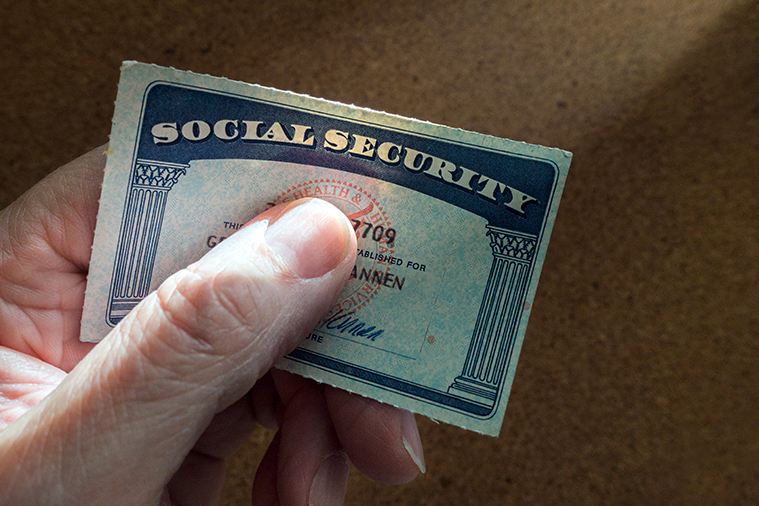Should You Lock Your Social Security Number?
If you have reason to think you might be targeted for identity theft, one option to protect yourself is to lock your Social Security number (SSN) so no one can use it.
Whether or not you should take that step, also known as “freezing” your SSN, depends on several factors.
This quick guide will walk you through the process and help you decide whether locking your Social Security number is the right choice for your situation.
How locking your Social Security number works
Locking your Social Security number is a simple process of accessing the government’s myE-Verify website. The site walks you through the necessary steps:
- Create an account
- Enter your Social Security number and your date of birth
- Take a short quiz
- Set up three “challenge” questions so you can prove you’re really you when you want to access your account again
The lock lasts for a year unless you take steps to reverse it, and you’ll be notified in advance when the lock is about to expire so you can renew it if you want to.
Advantages of locking your SSN
There are several advantages of locking your Social Security number:
- No one can use your Social Security number when it’s locked
- No one can apply for a job in your name and run up a tax bill for money you never earned
- No one can use your Social Security number to apply for credit or open new accounts in your name
- Anyone attempting to verify your number will receive a notice of “tentative nonconfirmation,” which is effectively a mismatch – the number is not in use
Drawbacks of locking your SSN
It might not make sense to lock your Social Security number if you don’t have reason to believe that your identity has been compromised or that you’re at serious risk of identity theft.
- When your Social Security number is locked, you can’t use it either
- You can’t use it to apply for a new job
- You can’t use it to apply for credit
- Potential lenders won’t be able to access your credit report or credit score
Unlocking your Social Security number
If you lock your SSN, then later need to buy a new car or apply for employment with a company that requires a background check, you can unlock your number at any time.
Use your Social Security account login to sign in to your myE-Verify account, and follow the prompts to unlock your Social Security number. After you’ve conducted your business, you can lock your number again.
Locking your Social Security number adds an extra layer of security against identity theft, but it also creates a hassle when you need to use your Social Security account.
If that seems like more security than you need, follow the simple security protocols below to help keep your Social Security account safe without locking it.
Less drastic secure options
Unless you’re concerned that your identity is imminently at risk for theft, locking your number through your Social Security online account might not be necessary.
Here are 4 essential practices to protect your Social Security number and keep it secure:
- Shred any paperwork that includes your number before throwing it away
- Make sure your computer’s anti-virus software is up to date
- Don’t invite trouble by using open Wi-Fi networks
- Be very suspicious of anyone who asks for your SSN, whether over the phone or by email
You might be asked to provide your Social Security account when you apply for certain services or when you seek medical care. You can decline to give your number, but the provider can then choose to deny you service.
Before you provide your Social Security number, ask a few questions to help you decide whether that makes sense:
- Why do they need your number?
- How will it be stored?
- Will it be shared with other companies?
Quicken has made the material on this blog available for informational purposes only. Use of this website constitutes agreement to our Terms of Use and Privacy Policy. Quicken does not offer advisory or brokerage services, does not recommend the purchase or sale of any particular securities or other investments, and does not offer tax advice. For any such advice, please consult a professional.



